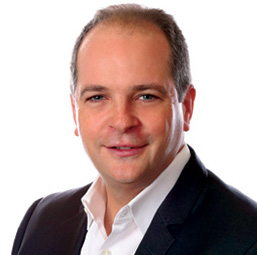ResMed aims to ‘lock in’ increasing market share

By Liz Beaulieu, Editor
Updated 10:04 AM CDT, Fri August 12, 2022
 SAN DIEGO – Mick Farrell’s tone has shifted slightly when it comes to ResMed increasing its market share amid a major competitor’s recall.
SAN DIEGO – Mick Farrell’s tone has shifted slightly when it comes to ResMed increasing its market share amid a major competitor’s recall.
During a conference call to discuss the company’s fourth quarter and fiscal year 2022 financial results, the CEO said he no longer looks at it as “incremental or temporal.”
“This is permanent share taking,” he said. “We’re going to go in, we’re going to get share and we’re going to lock it in with digital health solutions. When somebody uses something that lowers their labor costs by 50% and improves the adherence rate of the patient to 87% – that’s where we can lock it in.”
ResMed estimates that it generated incremental device revenue related to the recall in the range of $60 million to $70 million in the fourth quarter and $230 million to $250 million for fiscal year 2022.
Factoring into Farrell’s new tone: ResMed expects increased demand for CPAP devices for an additional 12 months, given Philips isn’t expected to complete remediation of the recall until early 2023 and it’s now in discussions with the U.S. Department of Justice on a proposed consent decree.
“What that means for us is basically demand that is incredible for these next 12 months and that every device we make will be sold as it comes through the manufacturing line,” he said.
Meeting that increased demand is still challenging, but ResMed is making progress mitigating ongoing chip shortages that have impacted sales of its cloud-connected devices, Farrell said.
“We are starting to see indications that the macro environment is improving, particularly for semi-conductor availability,” he said. “However, we’re mindful that even as macro trends start to improve, we still need our supplier partners to prioritize med tech component needs over other non-life-sustaining industries.”
“Strong” uptake of ResMed’s recently launched AirSense 10 card-to-cloud device is helping to fill in gaps. Thanks to card-to-cloud devices, the company was able to allocate more products to providers than in recent months and in recent quarters, Farrell said.
“(The AirSense 10 card-to-cloud device) was material to our growth in the quarter and it will be material to our growth up to and when we get that comms chip supply back to the levels that we need,” he said.
Comments